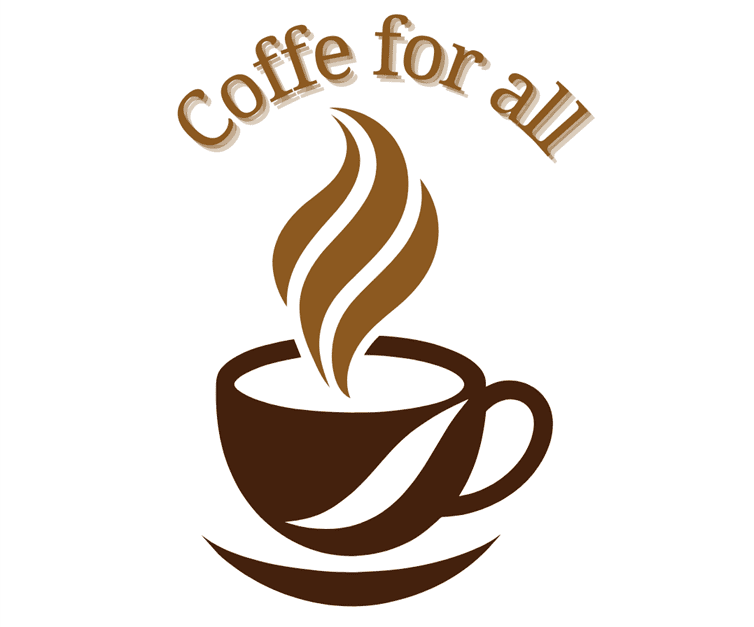The Ultimate Guide to Decaf Coffee Beans: How They’re Made and Why They’re Worth It
Table of Contents
Decaf Coffee Beans: The Art of Enjoying Coffee Without the Caffeine
For coffee lovers who seek the rich taste of coffee without the stimulating effects of caffeine, decaf coffee beans offer the perfect solution. Over the years, decaffeinated coffee has shed its reputation for being bland or lacking in flavor. Today, high-quality decaf beans are crafted to provide an aromatic, full-bodied experience that rivals their caffeinated counterparts. In this article, we’ll explore everything you need to know about decaf coffee beans: how they are produced, the different decaffeination methods, and why they might be the ideal choice for your coffee routine.
What Are Decaf Coffee Beans?
Decaf coffee beans are simply coffee beans that have had most of their caffeine content removed. While it’s not possible to completely eliminate caffeine, decaf beans typically retain only about 3% of the original caffeine. The process of decaffeination ensures that the beans maintain their rich flavor, aroma, and complex taste while removing enough caffeine to make them suitable for those looking to cut back on their intake or avoid caffeine altogether.
Despite their reputation in the past for being bland or tasteless, modern decaf coffee beans are grown, processed, and roasted to deliver full-bodied, nuanced flavors. Whether you enjoy a dark roast, a medium roast, or a light roast, there is a decaf coffee option that can deliver the profile you love without the jitters.
How Are Decaf Coffee Beans Made?
Decaffeinating coffee beans involves several specialized methods designed to remove the caffeine without affecting the beans’ natural flavors. Below are the primary methods used for decaffeination:
- Solvent-Based Methods
The most common decaffeination technique involves soaking the coffee beans in a solvent such as methylene chloride or ethyl acetate, which binds to the caffeine molecules and removes them. After the beans are soaked, the solvent is removed, and the beans are dried. While effective, some people prefer other methods for a more natural approach. - Swiss Water Process
One of the most popular chemical-free decaffeination methods, the Swiss Water Process uses only water to extract caffeine from the beans. The beans are soaked in hot water, and the caffeine is drawn out into the water. The water is then filtered through activated carbon to remove the caffeine molecules. This method is ideal for those who are looking for a decaf coffee option that is free from chemicals and solvents. - Carbon Dioxide (CO2) Process
The CO2 method uses pressurized carbon dioxide to extract caffeine from the coffee beans. When subjected to high pressure, CO2 becomes a supercritical fluid that bonds with caffeine molecules. The caffeine is then removed, and the beans are left with their full flavor intact. This method is efficient and preserves the beans’ original taste, making it a preferred option for specialty coffee producers. - Triglyceride Method
This technique involves soaking the coffee beans in coffee oils extracted from other beans. The triglycerides in the oil bind with caffeine molecules, drawing them out of the beans. The decaffeinated beans are then dried. This method is not as commonly used as the others but is still an effective way of removing caffeine while retaining the flavor.
The Taste of Decaf Coffee Beans
One of the primary concerns with decaffeinated coffee has always been its flavor. In the past, decaf coffee was often criticized for being flat or lacking the rich, full-bodied taste of regular coffee. However, advancements in decaffeination methods have made it possible to produce decaf coffee beans that preserve the coffee’s natural flavors and complexity.
The taste of decaf coffee is influenced by several factors, including the origin of the beans, the decaffeination method, and the roasting process. High-quality decaf coffee beans, especially those processed using the Swiss Water or CO2 method, can offer a smooth, balanced cup with tasting notes ranging from fruity and floral to nutty and chocolatey. Specialty roasters and growers are increasingly focused on decaf beans, ensuring that they meet the same high standards as caffeinated coffee.
Why Choose Decaf Coffee Beans?
Decaf coffee beans offer numerous benefits for those looking to enjoy the taste of coffee without the stimulating effects of caffeine. Here are a few reasons why you might choose decaf over regular coffee:
- Reduced Caffeine Intake
Decaf is the perfect option for individuals who are sensitive to caffeine or looking to reduce their overall caffeine consumption. Pregnant women, individuals with high blood pressure, or those with anxiety disorders may benefit from decaf coffee, as it can help avoid the negative side effects of caffeine. - Enjoy Coffee Anytime
If you’re the kind of person who loves a hot cup of coffee but doesn’t want to risk staying awake all night, decaf coffee beans offer the perfect solution. You can enjoy your coffee in the evening or before bed without worrying about insomnia or disrupted sleep patterns. - Gentler on the Stomach
Coffee can be acidic, which may cause discomfort for some people, especially those with sensitive stomachs or digestive issues. Decaf coffee is often easier on the stomach, making it a more comfortable option for individuals with acid reflux or other digestive concerns. - Health Benefits
Just like regular coffee, decaf beans contain antioxidants that help fight free radicals in the body. These antioxidants can contribute to a variety of health benefits, including reduced inflammation and protection against oxidative stress. While decaf beans may have slightly fewer antioxidants than regular coffee, they still provide significant health benefits. - Taste Without the Jitters
For some, the rich, complex taste of coffee is all they need, and the caffeine boost is secondary. Decaf coffee beans allow coffee drinkers to enjoy the deep, flavorful notes of coffee without the unwanted side effects like nervousness, jitters, or a racing heart.
How to Brew Decaf Coffee Beans
Brewing decaf coffee is no different from brewing regular coffee. Whether you use a drip coffee maker, a French press, an espresso machine, or pour-over, decaf beans can be brewed to suit your taste preferences. The key is to use fresh, high-quality decaf coffee beans and to grind them just before brewing for the best flavor.
Since decaf beans have a slightly different composition than regular coffee beans due to the decaffeination process, it may take a bit of experimentation to get your brewing method just right. Start with the same grind size and brewing parameters you use for regular coffee, and adjust as needed to find the flavor profile that suits you best.
Conclusion
Decaf coffee beans are an excellent choice for those who love the taste of coffee but want to reduce or eliminate caffeine from their diet. With improved decaffeination methods and a growing focus on quality, decaf coffee has come a long way in terms of flavor and variety. Whether you want to enjoy a late-night cup of coffee, are sensitive to caffeine, or simply prefer a gentler brew, decaf coffee beans can offer a satisfying and delicious coffee experience without the jitters.

